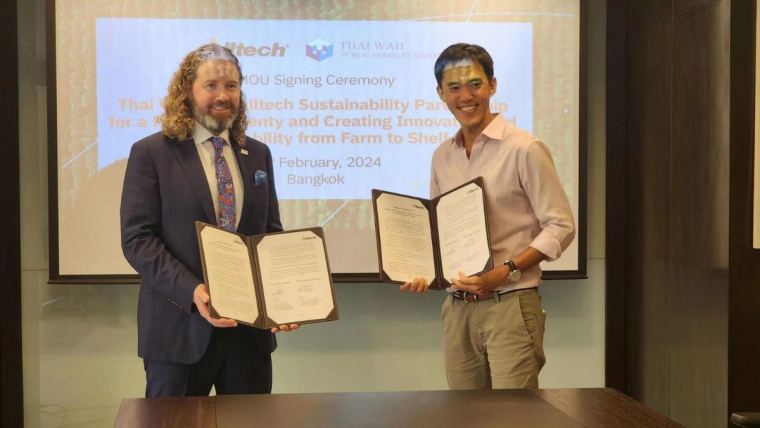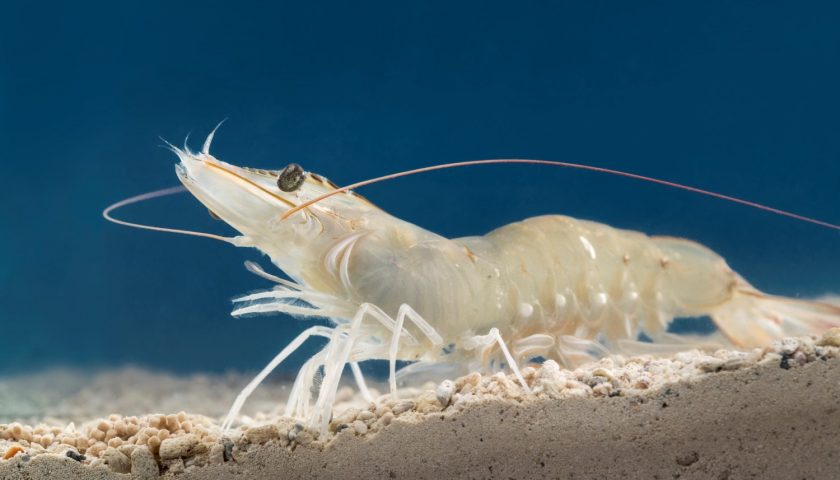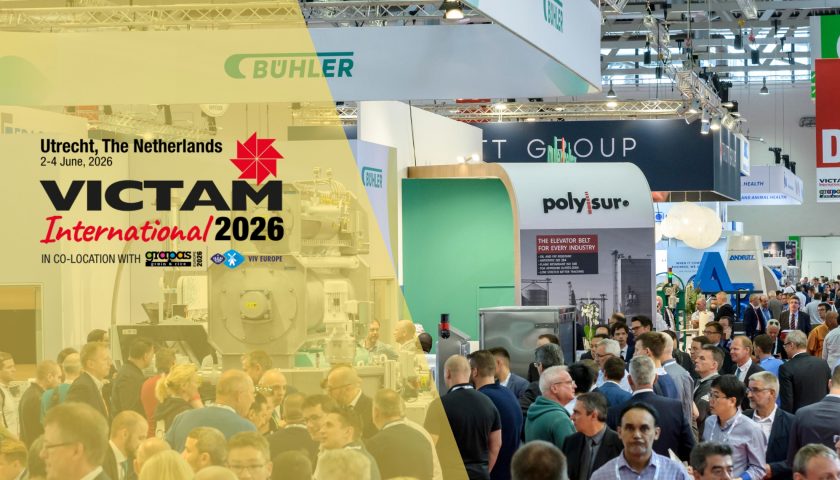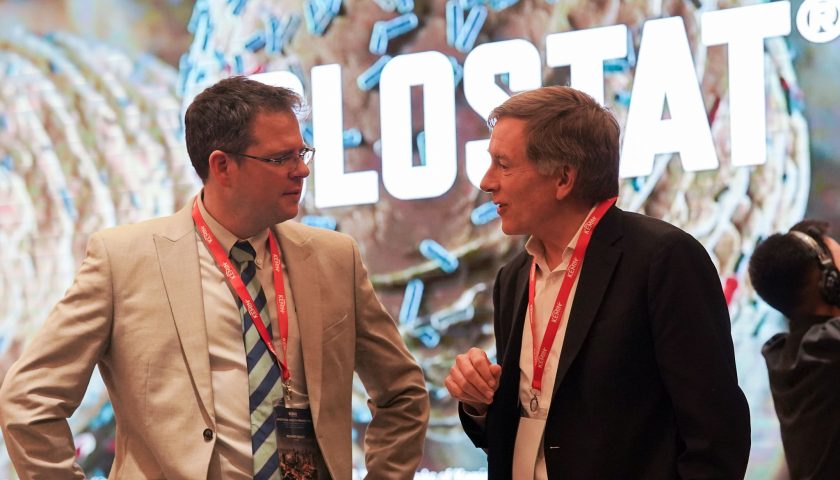Alltech and Thai Wah Public Co. (TWPC) have teamed up to advance efforts in reducing carbon emissions within the Asian agri-food sector by utilizing scientific nutritional solutions and cutting-edge technologies. A memorandum of understanding was recently inked during Alltech’s 25th-anniversary celebration in Thailand. The signatories included Dr. Mark Lyons, Alltech’s President and CEO; Jonathan Forrest Wilson, President of Alltech Asia-Pacific; Ho Ren Hua, CEO of Thai Wah; and Hataikan Kamolsirisakul, Thai Wah’s Chief of Staff and AVP for Strategy, Sustainability, and Innovation.
The agri-food industry in Asia is a significant contributor to global carbon emissions, amounting to approximately 42% according to the third edition of the biennial Asia Food Challenge Report. A major portion of these emissions, around two-thirds, stem from upstream agricultural activities before the produce reaches the market. These activities, which are resource-intensive and comparatively less efficient, contribute substantially to emissions. Therefore, addressing these upstream actions holds immense potential for impact.
Understanding the urgency of this matter, Alltech and Thai Wah are collaborating to enhance sustainable animal feed production, improve animal feed nutrition for better health and performance, and explore efficient waste utilization through a biogas project. Furthermore, the partnership aims to reduce Thai Wah’s carbon footprint and advance its overall sustainability efforts.
Through this collaboration, Alltech will provide Thai Wah with innovative solutions and technologies encompassing precision nutrition, digital farming transformation, waste management, as well as carbon footprint assessment and reduction strategies.
Dr. Mark Lyons expressed enthusiasm about the partnership, emphasizing its potential to add value to Thailand’s agri-food industry. He highlighted the shared values and vision of Alltech and Thai Wah in creating a world of abundance for future generations.
Hataikan Kamolsirisakul echoed Dr. Lyons’ sentiment, underlining the importance of agricultural innovation and sustainable farming practices in Southeast Asia. Together, they aim to build a resilient and sustainable agri-food ecosystem for the benefit of both people and the planet.
Alltech’s Planet of Plenty vision, which focuses on sustainability and innovation, aligns with Thai Wah’s vision of Creating Innovation and Sustainability from Farm to Shelf. Both companies are committed to operational excellence and sustainability.
Thai Wah, known for its leadership in starch and starch-related food production, operates across Southeast Asia, China, and India. The company collaborates with numerous smallholder farmers and is dedicated to reducing upstream emissions and food waste, promoting biofertilizers, valorizing food waste, and developing sustainable farming practices to enhance profitability and reduce input costs.





